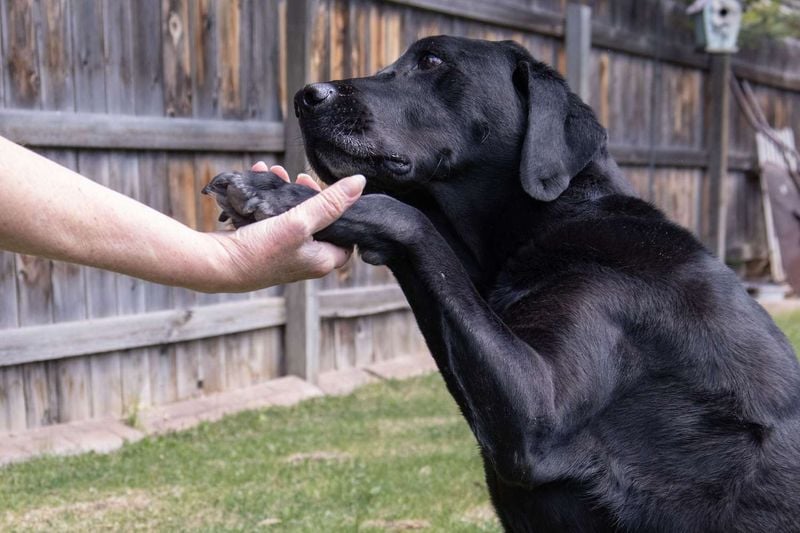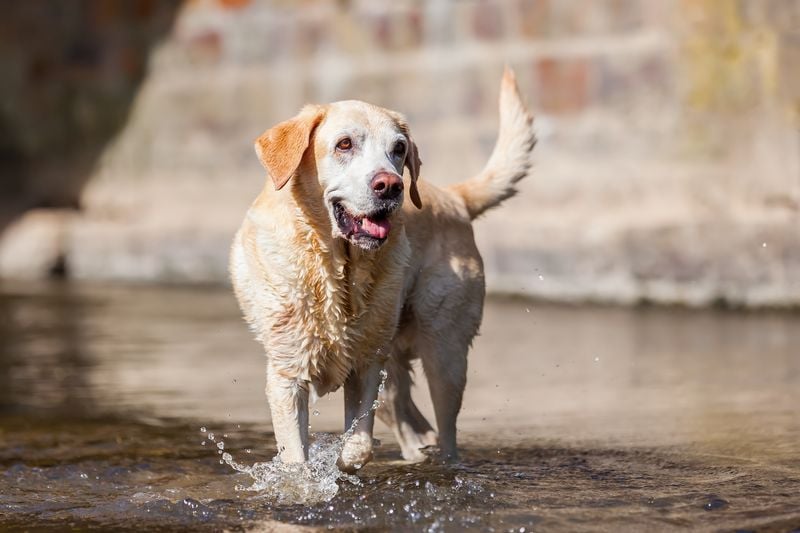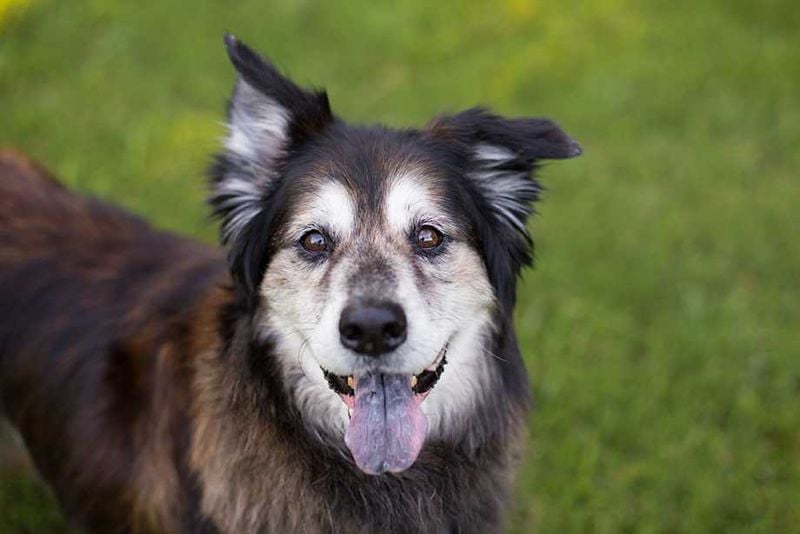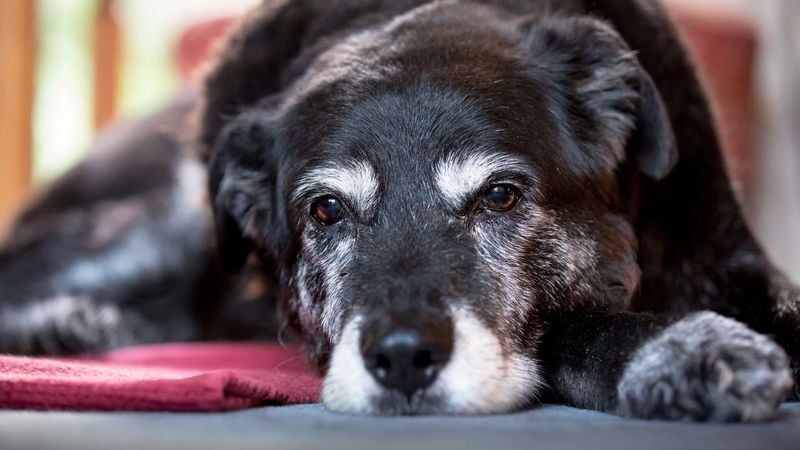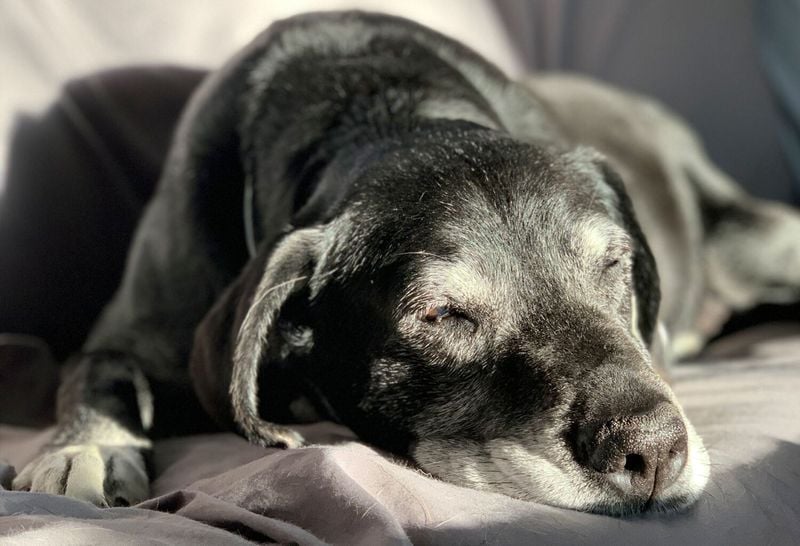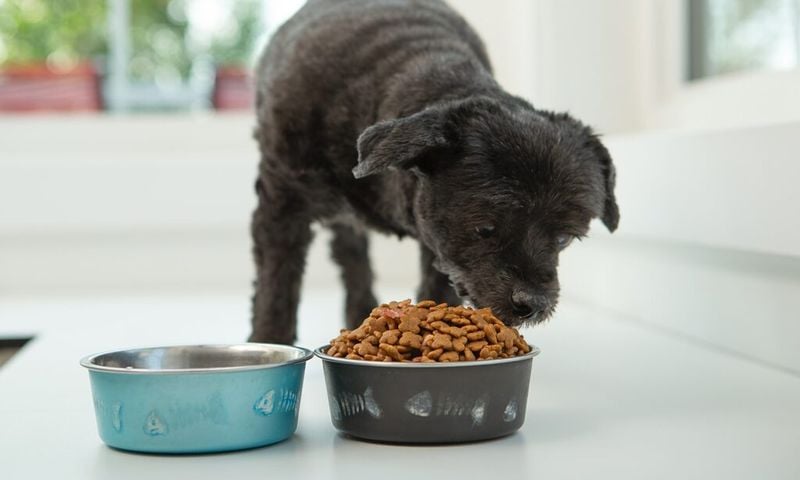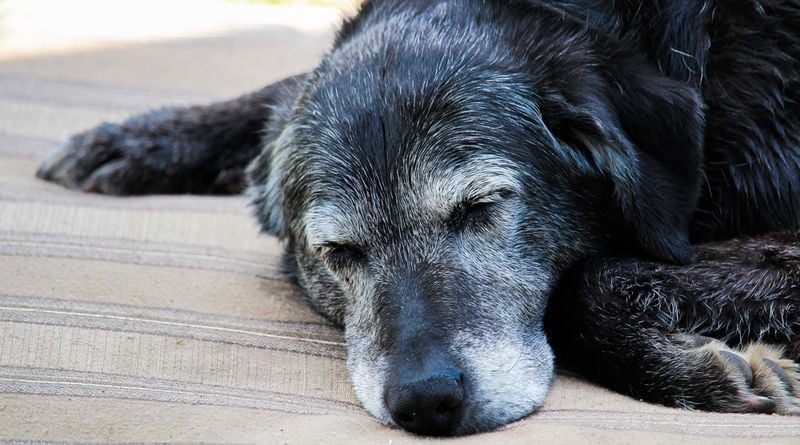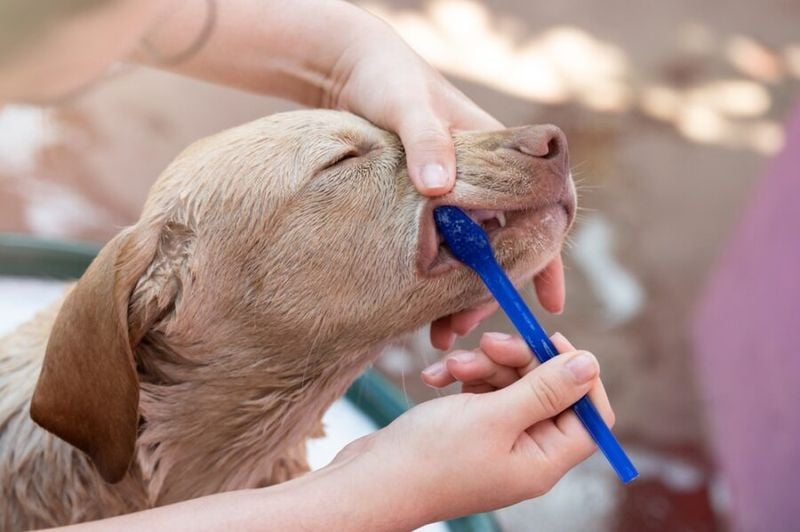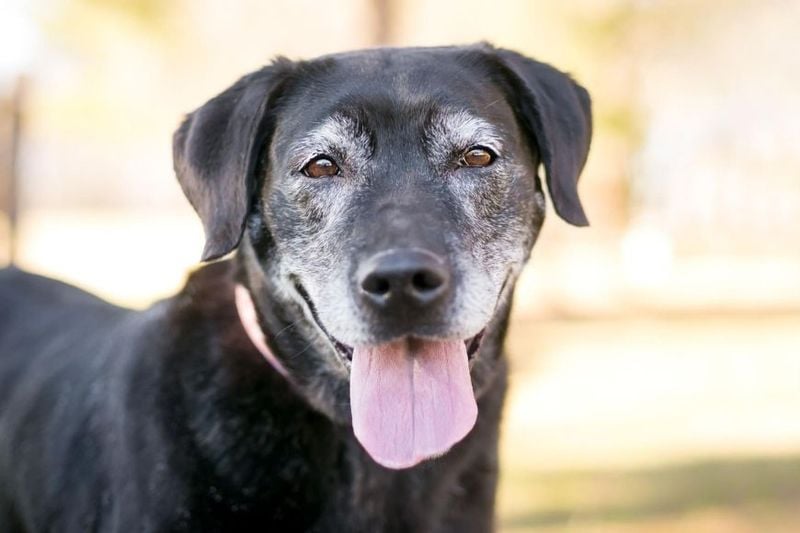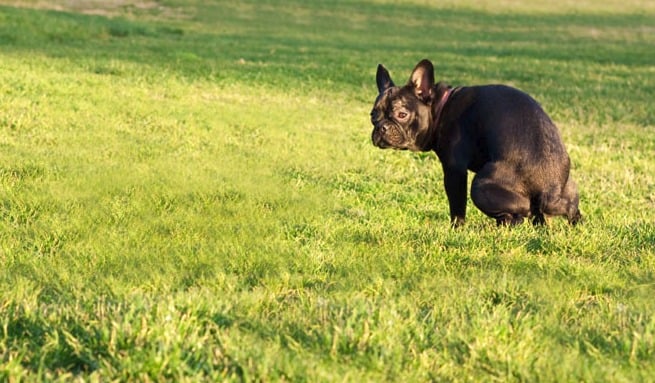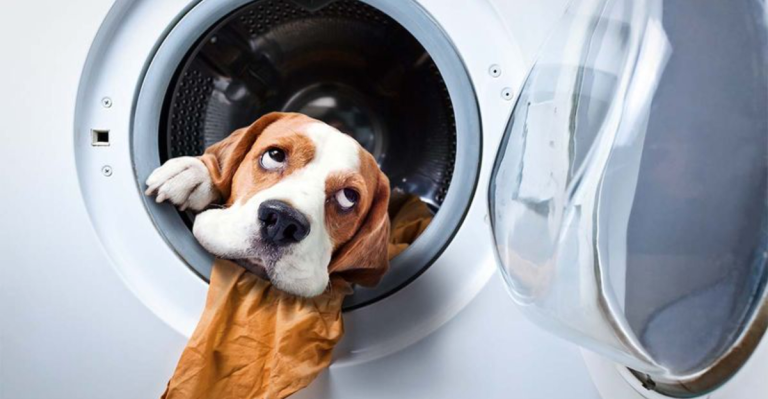Stop Believing These 11 Common Myths About Older Dogs
There’s something incredibly special about growing old with your dog. The graying muzzle, the slower walk, the deeper naps — they tell a story of loyalty and love over the years.
But sadly, that journey into your dog’s golden years is often clouded with misinformation. Too many dog owners fall into the trap of believing outdated or flat-out false myths about senior pups.
These myths can lead to missed opportunities for comfort, bonding, and better health. Worse yet, they can keep aging dogs from living their best lives. It’s time to clear the air and set the record straight.
Whether your dog’s just entering their senior years or has been enjoying retirement for a while, these common myths deserve to be retired — permanently. Let’s separate fact from fiction and give our old friends the care they truly deserve.
1. Old Dogs Can’t Learn New Tricks
They say you can’t teach an old dog new tricks, but that’s far from the truth. Senior dogs are quite capable of picking up new skills. It might require a touch more patience and a sprinkle of positive reinforcement, but their minds remain sharp.
Training older dogs can be a delightful experience, not only for the dog but for the owner too. Learning new tricks keeps their brains engaged and strengthens your bond.
Whether it’s teaching them to shake paws or respond to new commands, the joy on their face makes it worthwhile. Embracing this challenge can add a new, exciting chapter to your senior dog’s life.
2. Aging Dogs Don’t Need as Much Exercise
The idea that older dogs don’t need exercise is a common misconception. While they may not sprint like puppies, regular, gentle exercise is essential. It helps maintain their muscle mass, mobility, and mental health.
Skipping those daily walks can lead to a decline in their overall well-being. Just like humans, dogs need movement to stay healthy.
Whether it’s a leisurely stroll in the park or a short game of fetch, exercise is crucial. It keeps them feeling young and vibrant, enhancing their quality of life in their golden years.
3. All Older Dogs Will Eventually Go Blind or Deaf
Not every senior dog will lose their sight or hearing. While these issues are more common with age, many dogs maintain these senses well into their later years.
Regular check-ups and attentive care can help preserve their vision and hearing for as long as possible. It’s not a guaranteed fate but rather a possibility some may face.
By understanding their needs and signs of sensory decline, you can act promptly. With love and care, many dogs enjoy their old age with all senses intact.
4. Grey Hair Means They’re Unhealthy
Grey hair on dogs, especially around the muzzle, is just a natural part of aging. It’s akin to how humans go grey and not a sign of poor health.
This change in appearance often begins around the age of seven or eight, depending on the breed. It’s a graceful transformation that many consider charming.
Embracing their silver highlights can add character to their appearance. Remember, grey hair doesn’t equate to illness but is simply a hallmark of their beautiful journey through life.
5. Senior Dogs Are Always in Pain
The notion that older dogs are in constant pain is not accurate. Many senior dogs live comfortably with little to no discomfort.
Proper veterinary care, along with supplements and lifestyle adjustments, can manage arthritis and age-related conditions effectively.
Observing their behavior and consulting with vets can ensure a pain-free life. Your furry friend deserves a joyful, peaceful senior life without the assumption of inevitable pain.
6. You Can Feed an Older Dog the Same Food Forever
Feeding an older dog the same food throughout its life is not recommended. As dogs age, their nutritional requirements change.
Switching to a senior-specific diet can aid in digestion, joint health, and weight management. Consulting with a vet can guide you to the best dietary choices.
Nutrient-rich meals tailored for seniors can significantly improve their well-being, extending their vitality and happiness into their later years.
7. Older Dogs Sleep All the Time Because They’re Lazy
Older dogs might sleep more, but labeling them as lazy is misleading. Increased rest can be a result of aging but also indicate underlying health issues.
Regular vet check-ups are essential to rule out conditions like arthritis or thyroid problems. Their sleep patterns can tell you a lot about their health.
Providing a comfortable sleeping environment and understanding their needs can enhance their quality of life. Rest is vital, but it should be balanced with activity and care.
8. Bad Breath Is Just Normal for Old Dogs
Bad breath in older dogs might seem normal, but it’s often a sign of dental disease or other health issues. Regular dental check-ups and care are crucial.
Neglecting this can lead to more severe problems, affecting their overall health. Dental hygiene should not be overlooked, particularly in senior dogs.
By maintaining their oral health, you can prevent discomfort and enhance their quality of life. Fresh breath and a healthy mouth can go hand in hand.
9. They’re Too Old to Be Spayed or Neutered
Age isn’t an automatic disqualifier for spaying or neutering. Many older dogs can undergo these procedures safely with the right care.
This can reduce cancer risks and hormonal issues, contributing to a healthier life. Consultation with a vet will always ensure the right decision for your pet.
Spaying or neutering at an older age can be beneficial, offering them a chance at a longer, healthier life.
10. You Shouldn’t Adopt a Senior Dog
Adopting a senior dog can be a deeply rewarding experience. They often come with the benefits of being calmer, house-trained, and incredibly grateful for a second chance.
Senior dogs can be the perfect addition to less active households, bringing love and companionship. Their gentle disposition makes them wonderful companions.
Welcoming an older dog into your home can enrich your life, offering lessons in love, patience, and joy.
11. It’s Normal for Senior Dogs to Become Grumpy
Interpreting grumpiness in older dogs as normal might overlook underlying issues. Changes in temperament can signal pain, cognitive dysfunction, or sensory decline.
A thorough vet examination can identify these problems and alleviate discomfort. Ensuring their comfort is key to maintaining their sweet demeanor.
Your attentive care can keep your senior dog happy and loving, debunking the myth of inevitable grumpiness.

